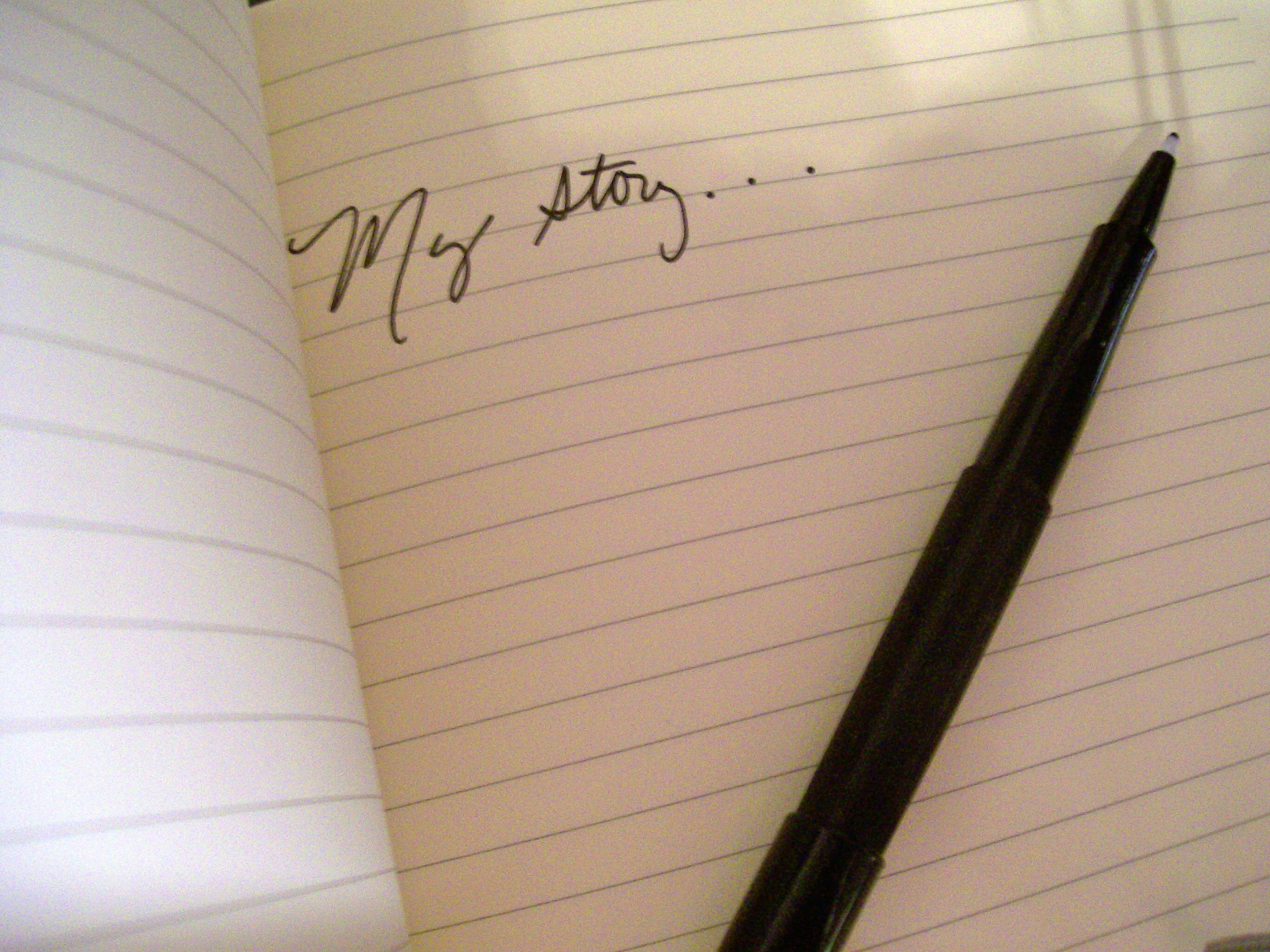Should I 'Live Write' My Dissertation?
As it concerns the 21st century cyborg: I think therefore I am. Linguistically, I speak in 140 characters offline and in print. Scholastically, I write papers with a distinct voice in mind; one that I have come to develop through blogging. All of my class and reading notes, as well as my papers, have been written and organized using Google Docs. I couldn't tell you how many times I've caught myself saying "OMG" out loud during a face-to-face conversation. I'm becoming more and more culturally embedded in the digital world. Or is the digital world consuming me?
Recently, I've started to contemplate writing on the screen more, although not leisurely or professionally, but rather, academically, as in writing academic papers, like a dissertation, on the screen--live. I've harbored anxieties about writing my dissertation (which is a ways off) on the screen. Though, as a practice, live-writing my dissertation on the screen could be a way to hold myself accountable and to avoid writers block. It could also be a way to satisfy or entirely destroy my ego. Either way, it's an intriguing concept.
(This, of course, could all be a theory in my head. Plus, I'm not sure if I'm even allowed to live-write my dissertation.)
That said, below is an excerpt from a piece I started writing a few months ago (using Google Docs) tentatively entitled "Writing on the Screen." This excerpt provides more context as to why I might consider live-writing my dissertation. It's still a draft version.
As society shifts towards an era where the written word continues to be challenged as a dominant form of communication, we are confronted with how to make meaning with/of words, (hyper)texts, and images. The processes of organizing, producing, and illustrating are increasingly more convoluted. It's like standing in the cereal isle at the grocery store; there are so many options of meaning-making from which to choose; textual, visual, and audio forms. For someone like me, a non-digital native, these options have dramatically affected my meaning-making processes. The rate at which I consume information in order to make meaning using digital artifacts has also influenced my production processes.At times, I worry that I'm approaching writer's block when I am unable to compose a succinct blog post, online article, or a twenty-page academic paper. However, my tweet count is well over 20,000 and counting and I continue to make Story Melodies with my digital camera. Clearly I have not stopped making my own meanings of things, just not always in the traditional written contexts. This past week I watched in real time as Baratunde Thurston ‘live wrote’ his upcoming book, #HowToBeBlack. The title itself suggest a new way of meaning making through pop cultural references, that is #hashtagging. As Thurston typed, backspaced, deleted, copied/pasted we all watched, some of us not thoroughly clear as to what exactly we were looking at. Watching Thurston write his book in real time through the screen was, as one commenter mentioned, “[t]he closest [thing to] Harlan Ellison writing in store windows, but this is much less sweary and doesn't smell of pipe smoke.” While peaking at Thurston’s thoughts on the screen I began to realize why I have been feeling writer’s block so intensely. Naturally, I tweeted about it:
@taralconley: Watching @baratunde write his book in real time online makes me realize why I have writer's block all the time...b/c no one's watching me.
Implicit in the idea of writing on the screen is that an audience is watching somewhere at some place in time. Whether it’s the gratifying feeling of instantaneous feedback or the seducing thought of my work being consumed by strange eyes, (or both), the fact remains; I’m continually drawn to the screen as a writer and as a media maker. I don’t deny feeling somewhat aroused by the idea that my work is alive acting as a connector to people I know and do not know. That I am afforded opportunities to create through alternative way of communicating ideas makes writing on the screen just seems better.
